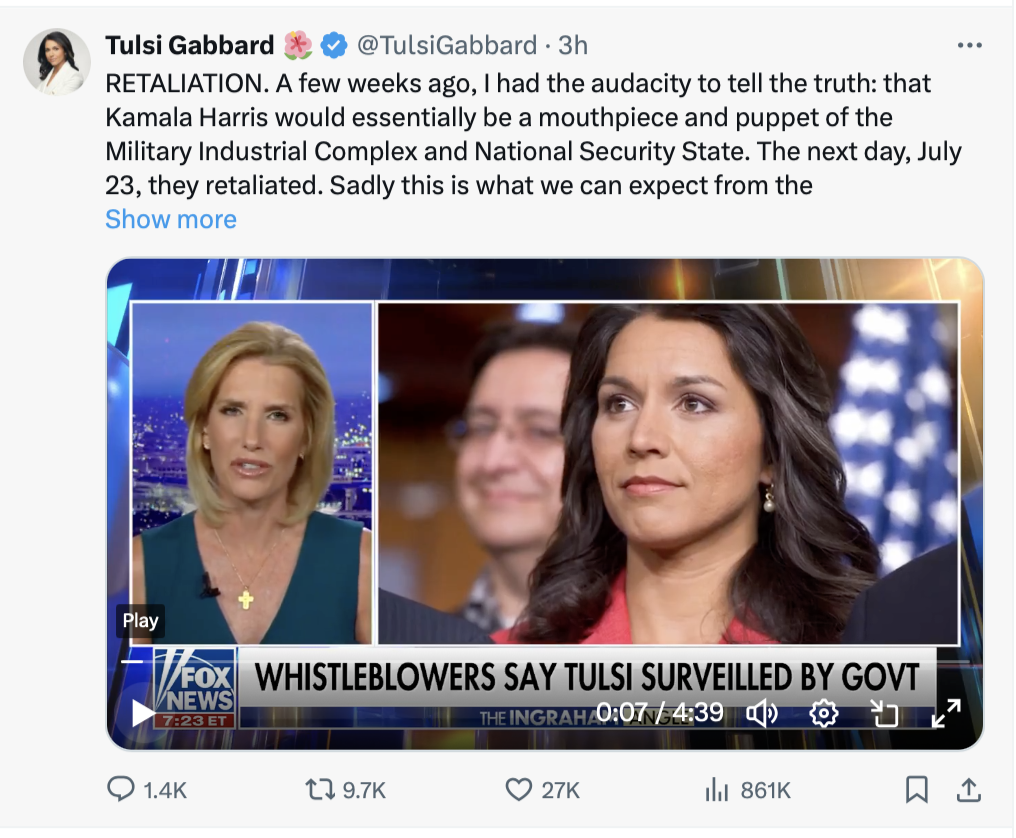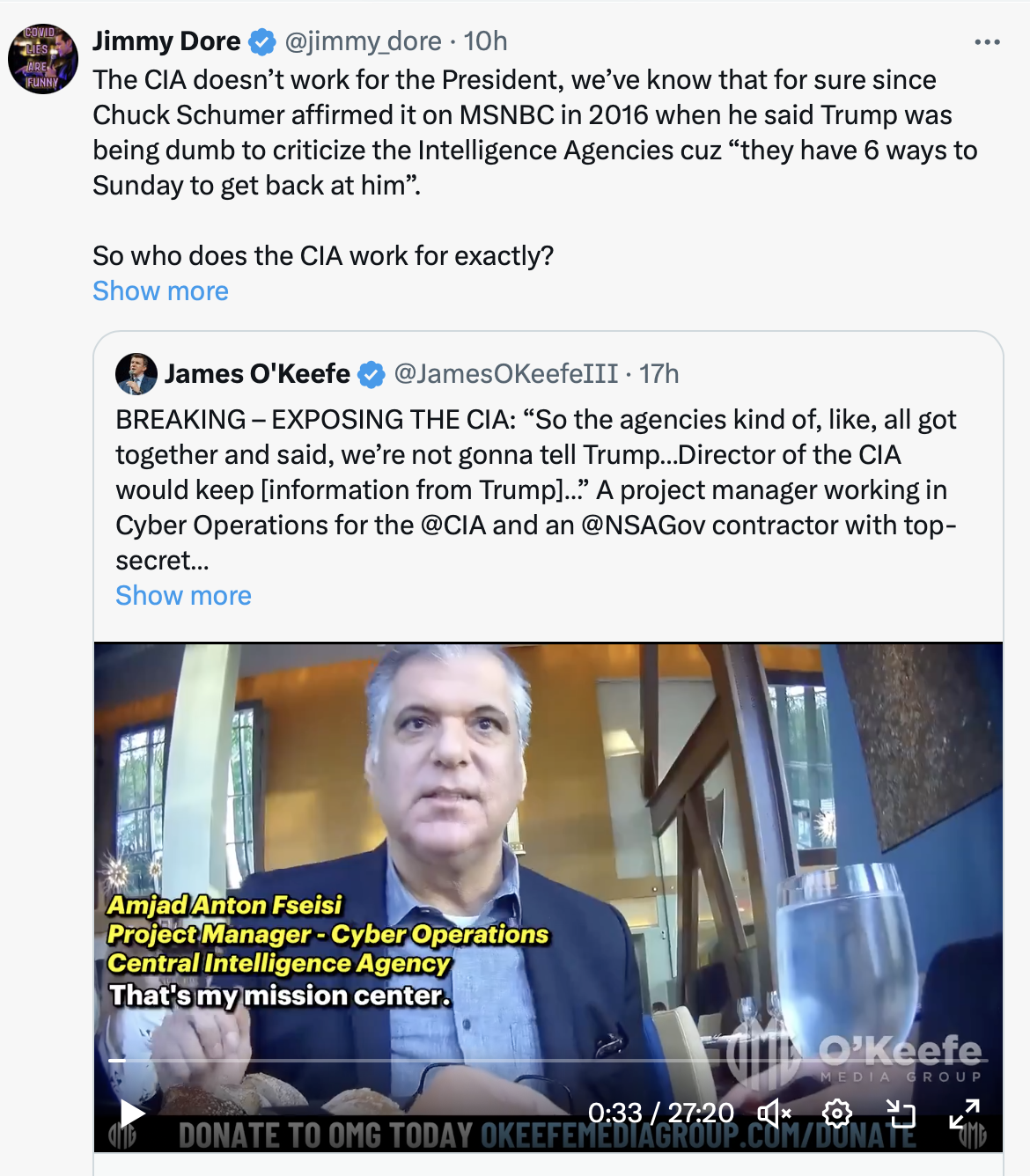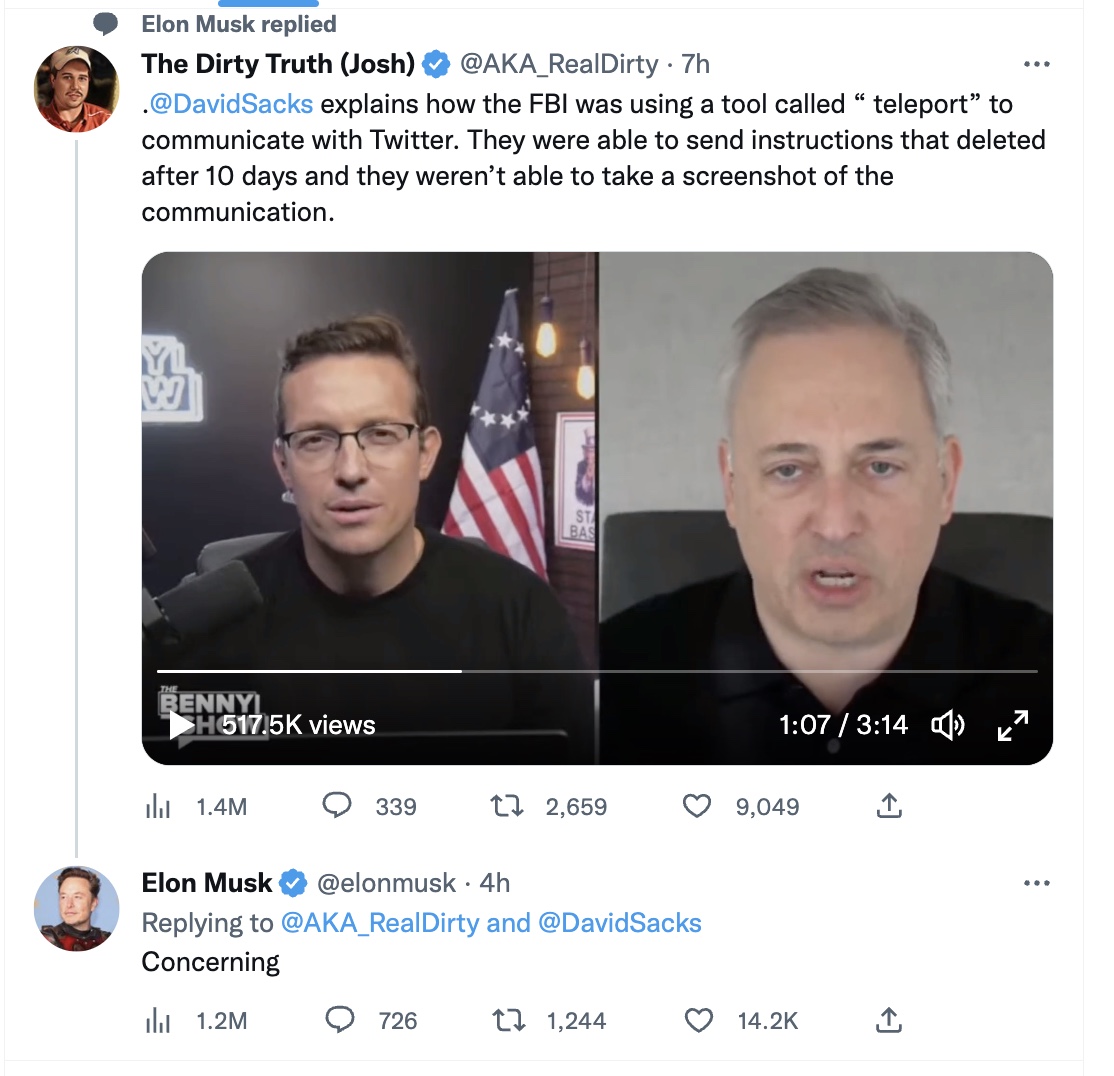X Explodes With Evidence that Numerous UK Girls Have been Raped by Pakistani Gangs. US Legacy News is Silent.
X is rapidly filling with credible posts providing evidence that numerous UK girls, at least 1,500, have been raped by Pakistani gangs over the years, yet the police have been covering this up and, in fact, criminally prosecuting UK citizens who try to express concerns about these rapes on social media. Tommy Robinson's courageous reporting has been critical to bringing the issue of these UK rapes to the fore, yet Tommy is currently in UK prison for the crime of reporting on this issue.
Could the number of victims really be closer to 250,000 girls?
Consider Samantha Smith's allegations:
Bill Ackman weighs in:
Tommy Robinson's documentary, "Silenced," can be viewed here. It is gripping and horrifying. Tommy has made a very strong case and yet he sits in prison for exposing societal dysfunction and corruption:
[More . . . ]








